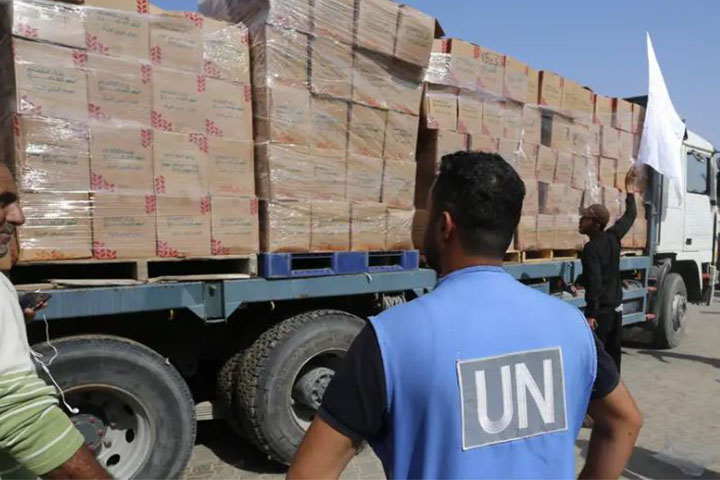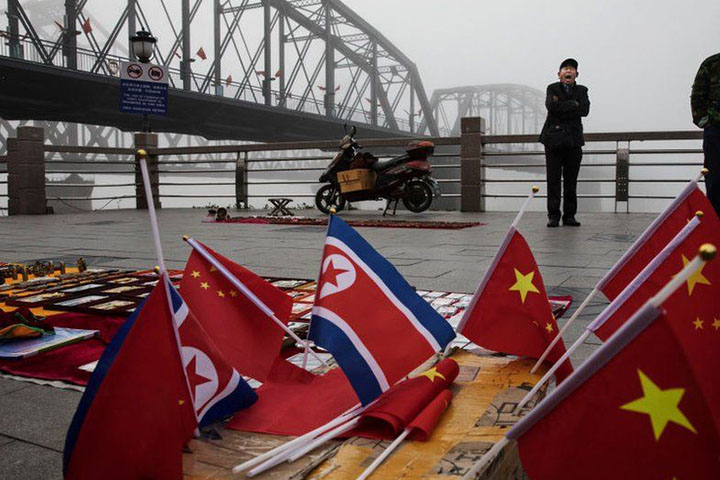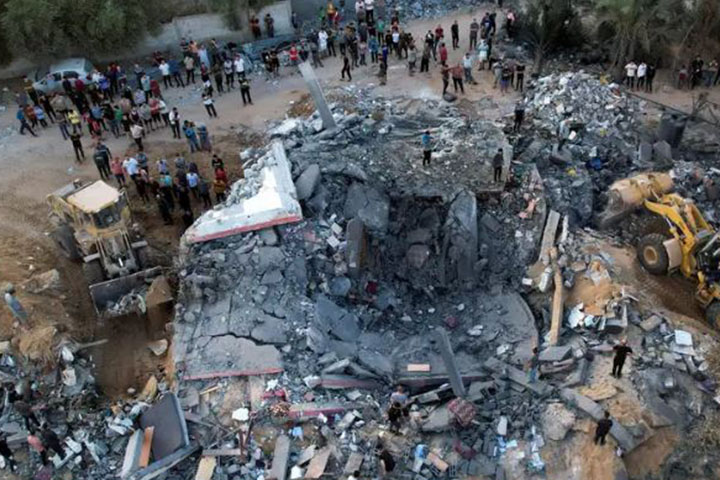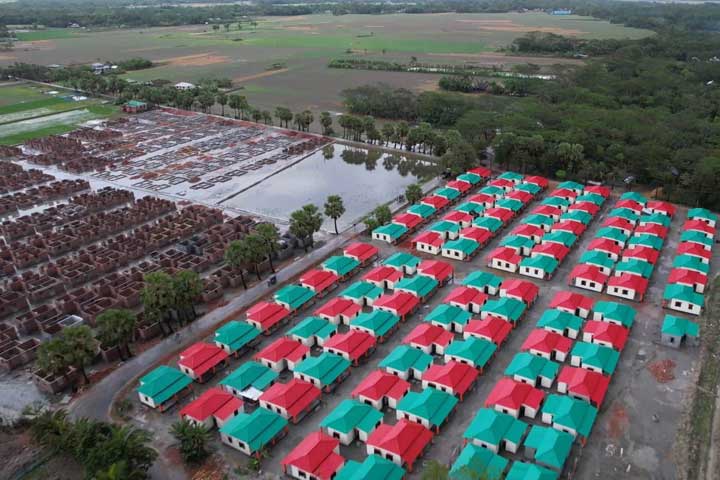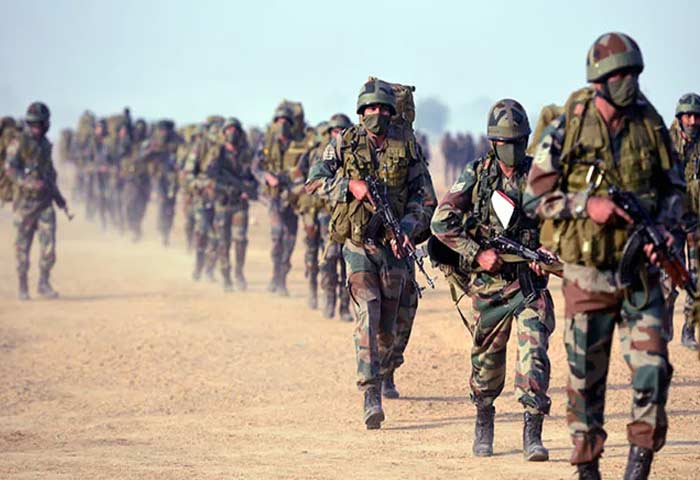Japan's sleep-deprived employees embrace the workplace nap
Japan's ministry of health and welfare has called on the public to sleep longer and better after two recent reports determined that Japanese people are not getting enough shut-eye.
And experts point out that sleep deprivation is the root cause of many illnesses, mental health complaints and poor productivity in the workplace.
The authorities released the outline of guidelines on the appropriate amount of sleep on October 2 and will issue a full report by the end of the year. The move was prompted in part by a study conducted in 2021 by the Organization for Economic Cooperation and Development that indicated Japanese people sleep an average of seven hours and 22 minutes a night. This was the least amount of sleep of the 33 nations included in the study.
In Japan, 37.5% of men and 40.6% of women get less than six hours of sleep a night on average.
A separate report showed even more alarming results — researchers from the National University of Singapore and Finnish health technology company Oura Health Oy determined that Japanese average just 6.1 hours of sleep a night, less than test subjects from any of 34 other countries.
The Japanese health ministry is now recommending that adults get an absolute minimum of six hours, junior and high school children get between eight and 10 hours and elementary school children are in bed for between nine and 12 hours. Children between the ages of three and five need 10 to 13 hours of sleep, the ministry said, while infants under the age of two should have 11 to 14 hours.
Why are Japanese not getting enough sleep?
The ministry's recommendations are a step in the right direction, according to Dr Masashi Yanagisawa, director of the International Institute for Integrative Sleep Medicine at the University of Tsukuba. However, the guidelines did not identify the cause of sleep deprivation in the majority of Japanese people or propose any remedies to help people sleep for longer and better.
"There has been speculation about the reasons for why people in Japan sleep less, but there is no definitive, scientific answer," he told DW. "My theory is that it is linked to Japan's fundamental values and work ethic, perhaps best summed up in the phrase, 'time is too valuable to be spent sleeping.'"
Japanese people began to spend more time working in the 1950s, when the economy was growing dramatically and the nation was pulling together to rebuild after the devastating war years. Yanagisawa describes the period as "a state of national mania" as people worked hard and were rewarded well.
The flip side of this obsession with working, however, was that people slept less. And that was and still is damaging to their health.
"There are clear links between a lack of sleep and a greater risk of depression, cardiovascular disease, some cancers, damage to the immune system and a range of infections," Yanagisawa said. "And that can also lead to an inability to control emotions and moods, meaning people become angry, irritated, stressed and unable to control themselves."
Fundamental change 'absolutely necessary'
Ironically, studies show that less sleep is also impacting people's abilities in the workplace, with tired employees less efficient and making more mistakes, causing companies problems and financial losses.
"I think the government is right to be worried about this problem because I am too," said Yanagisawa.
"In my opinion, a fundamental change in people's mindset is absolutely necessary," he said. "People need to set aside eight hours every day for sleep as a core time that cannot be touched. Then they need to arrange everything else — work, family, pleasure — around that."
The sleep expert says he is encouraged by the growing trend of workplace napping or "inemuri" in Japan, which allows employees to sleep in the office to recharge their batteries for the rest of the working day.
Tapping into this trend, a number of Japanese companies are introducing products designed to facilitate the perfect nap.
In August, Hokkaido-based Koyoju Plywood Corp placed two prototype sleep pods – called the Giraffenap – at a cafe in Tokyo's Harajuku district. The pods have pads and platforms designed to ergonomically support a person's head, bottom, shins and feet for a 20-minute nap.
Workplace pillow
Separately, an Osaka-headquartered company called Atex recently developed the "Gogo no Makura," which translates as "afternoon pillow" and consists of a padded head rest with a hole in the center. The users are expected to place the pillow on their work desk and lean their head against the pillow in order to sleep.
"A lack of sleep is a very serious problem for Japanese people and it is now becoming increasingly acceptable to take a short sleep in the office," said Michihiro Fukano, a director of the company.
The company is also happy to let its own employees nap at work while using their product, Fukano said, but noted he does not use an "afternoon pillow" himself.
"I'm lucky," he said. "I don't ever have a problem sleeping and I tend to sleep a lot, so I can get through the day without a nap."
12 Oct 2023,15:21
















 Live Tv
Live Tv

